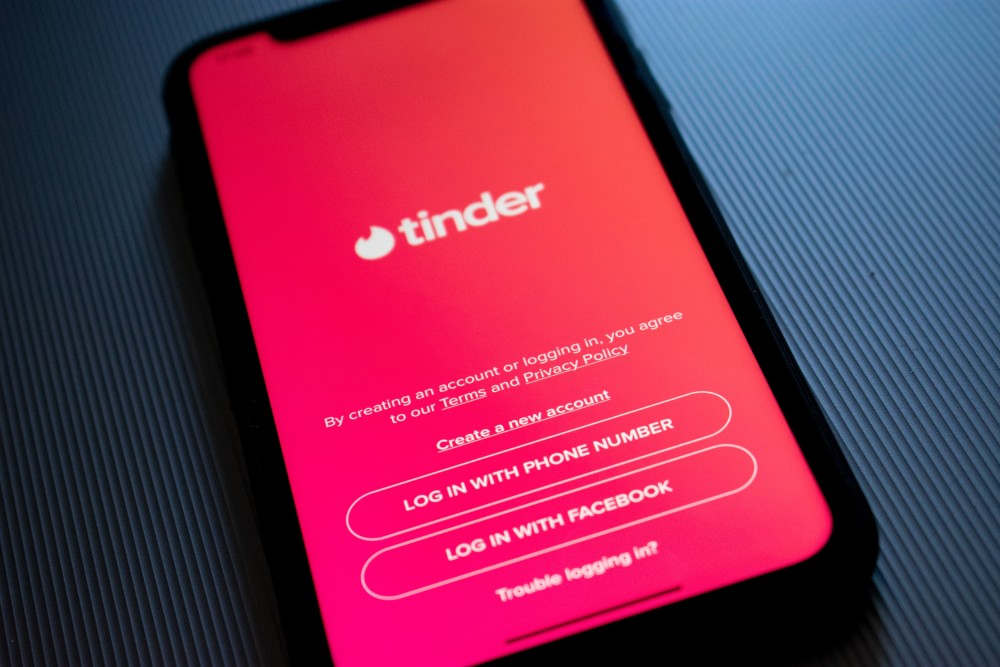Religious dating apps aren’t safer for women

When Marla Perrin, now 25, first heard about Mutual, the dating app designed for members of the Church of Jesus Christ of Latter-day Saints, she was thrilled.
Perrin had tried dating apps like Tinder in the past but found the experience fruitless and frustrating: the men she matched with often didn’t share her faith, and her guard was always up, worried that someone would harass or stalk her.
But Mutual seemed like a dating oasis to Perrin, who was living in Hawaii and looking to find a partner. She thought that the men on the app were all members of her church, which meant she could finally relax: they would have the same values and expectations of dating that she had—such as no sex before marriage—and they would be respectful of her boundaries.




